#retailstrategy #retailexperience #omnichannel #retailtransformation #retailsolutions #commerce #ecommerce #smartretail #salesforcecommercecloud
Day-to-day life for many around the world has transformed in ways that none of us would have imagined a few months ago. Recuperation to normal – physical presence and interaction will be gradual. While the world was steadily shifting from retail to online shopping, due to the current pandemic situation, retailers saw a spike in people finding online shopping more convenient as their consumer behavior changed. It is evident that the retailers will be feeling the impact of the coronavirus crisis subsequently to when the quarantine, lockdown and social distancing rules have ended.

The current pandemic is likely to create permanent shifts in consumer behaviors and sentiments that the retailers need to begin preparing for. Eventually, new behaviors will emerge and become new habits. The shift in consumer’s mind, their preference and purchasing norms will transition the future of retail. To stay relevant, redefining and shifting gears from the old normal to future reality is essential.
I believe that there is one factor, above all the others, which will be the difference between conversion and aversion i.e. ‘convenience’. Retail survivalists are ‘The Kings of Convenience’ namely; Decathalon, Lowes, Macys, Apollo Pharmacy, Hometown, Arvind Brands, Aditya Birla Fashions.
The retailers with ongoing digital transformation programs have already achieved some agility, flexibility and responsiveness to steer through a rather difficult course while evolving even during this time. Let’s talk about the ‘new normal’ possibilities in the near future and how businesses can be prepared for it.
Contactless: Similar to cashless – “contactless” has created a new dimension for the everyday retailing vernacular. Introducing contactless options under the retail through curbside pickups, virtual queue management, and contactless dining solutions is what will help retailers build trust in shoppers. Making them walk into brick-and-mortar stores will only be possible by creating a completely contact-free shopping experience with zero human interaction and cashier-less stores. Self-help kiosks and apps are solutions where people can find products, aisles and shelves about products they need to purchase and self-assist kiosks including for product information and self-checkout kiosks as well.
Elevating E-commerce Operations to the Cloud: Considering E-commerce as a long term strategy would be wise. Retailers would need assurance on reliability, trust and convenience. Currently, making it as easy as possible for consumers and customers to shop with you will sustain the business. Delivering virtual experiences and interacting with shoppers online, rather than focusing primarily on drawing crowds to the stores is essential. Improving website, and mobile interface and user experience would be helpful to continue engaging with the customers.
Automate: Automation is more important than ever. Adapting by evolving your tech stack to incorporate these components will arm your business with what it needs to weather the storm.
a) Retail Automation Essentials:
Putting retail and technology together improves the business outlook and is required to ensure customer retention. Retail automation revolves around intuitive rule-based workflow, it automates the order-to-cash process, less time consuming and more efficient as it lessens human errors, and as a result; increases agility. Retailers will also look at reducing the total cost of operations through technology, which will enable businesses to have a real-time view of their assets, liabilities, it’s current health, and maintenance to improve agility
b) Demand Planning Essentials:
Forecasting demand with data is essential not just guesswork. It is critical to forecast demand after the crisis. Companies should understand the factors responsible for growth or decline in demand of a particular product to determine the future demands and forecast. Automatic replenishment forecasting that align with sales predictions – Demand forecasting and planning based on automated forecast algorithm selection, self-adjustment and a variety of data management utilities enables a business make accurate predictions and simplify the planning and management process. Real-time KPI reporting to see how inventory is moving also helps in forecasting and adjusting the inflow and outflow. Additionally, identifying overstock to improve inventory turnover helps in timely depletion and accurately identifies where the demand bends.
c) Analytical Intelligence:
Application of AI tools in retail analyses immense volumes of data to learn the underlying patterns and evolve with new developed circumstances. Retail analytical essentials such as analysis of sales and performance are critical to continuously learn and adapt to the consumer behavior. AI-enabled systems also support real-time accounts payable and receivable to boost business productivity and on-demand P&L and balance sheet generation and low-inventory quantities definition
d) Loyalty Programs:
Artificial Intelligence and automation of processes, from engaging with customers, guiding them through personalization of experiences and virtual shopping journeys using AR and VR is the next big boon in retail segment. The retail industry will see a new kind of revolution via digital transformation to not only sustain business but to draw more consumers in and keep them intact with Loyalty Programs. Automation in retail will help retailers and sellers to use e-commerce and point of sale. It will allow automatic creation and assistance for promotional codes and vouchers depending upon customer’s predictability and user-generated behavioral record. Integrations with industry-leading gift card, loyalty and promotions providers, and most retailers can assure consumer loyalty and stickiness to a brand.
With normal life on hold for now, there’s no better time to focus on local, take the time to get it right and hopefully come out of the crisis in better shape than ever. Retailers will require deeper insights about their supply chains. Retailers with a digital presence will only thrive.






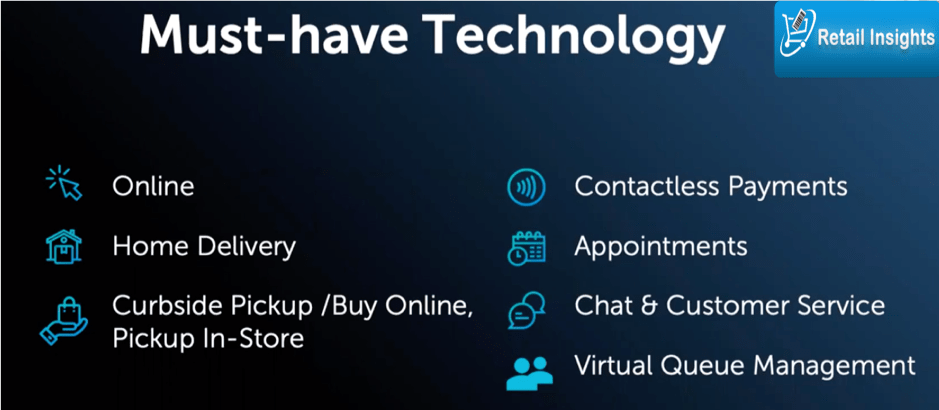

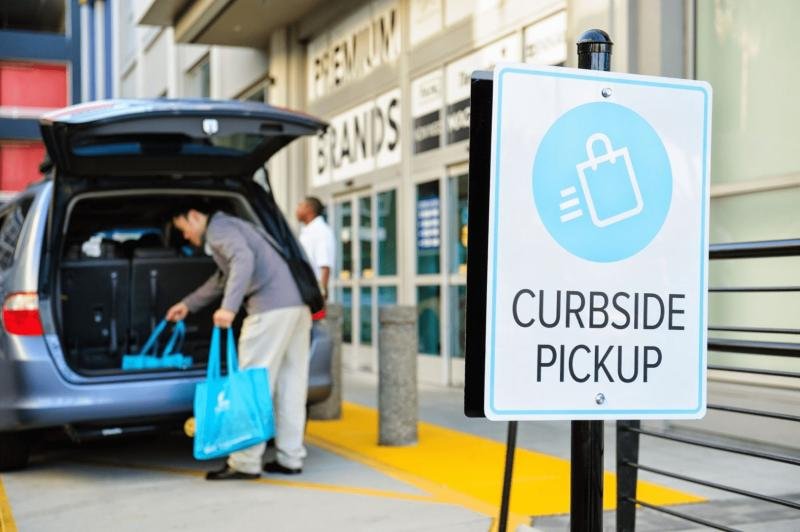

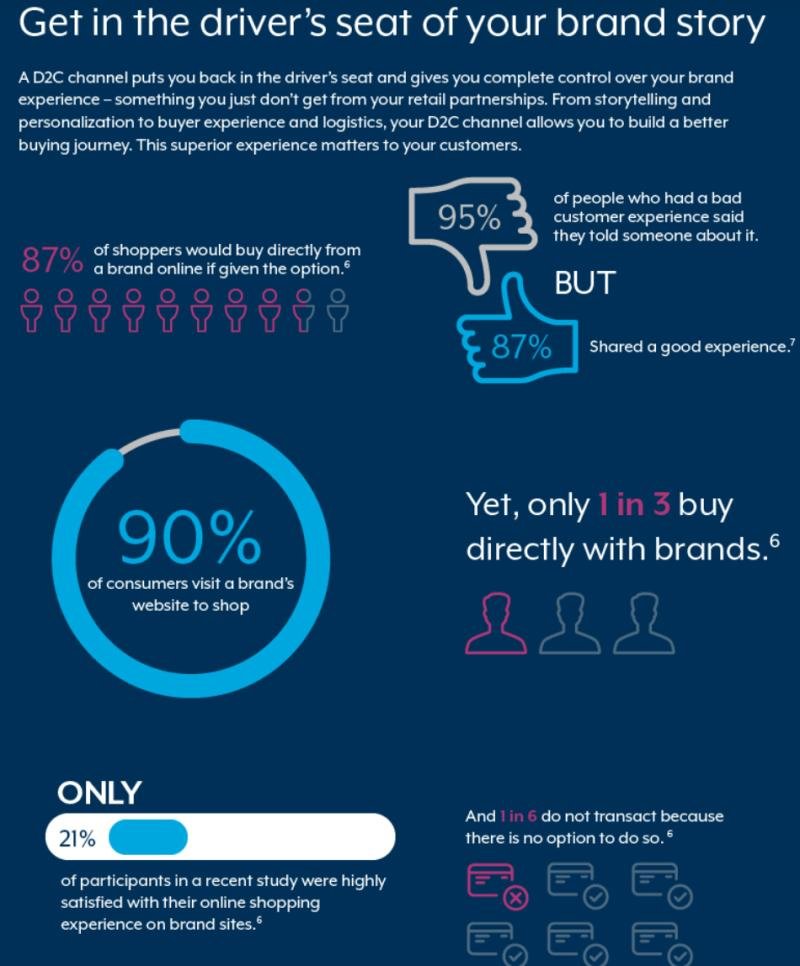



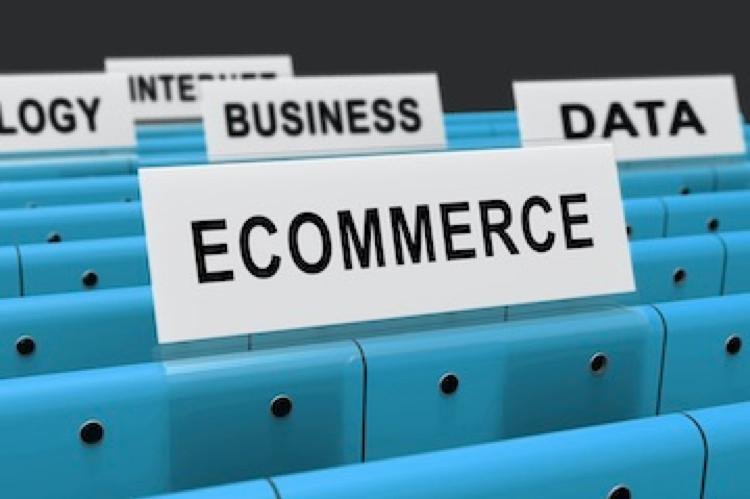



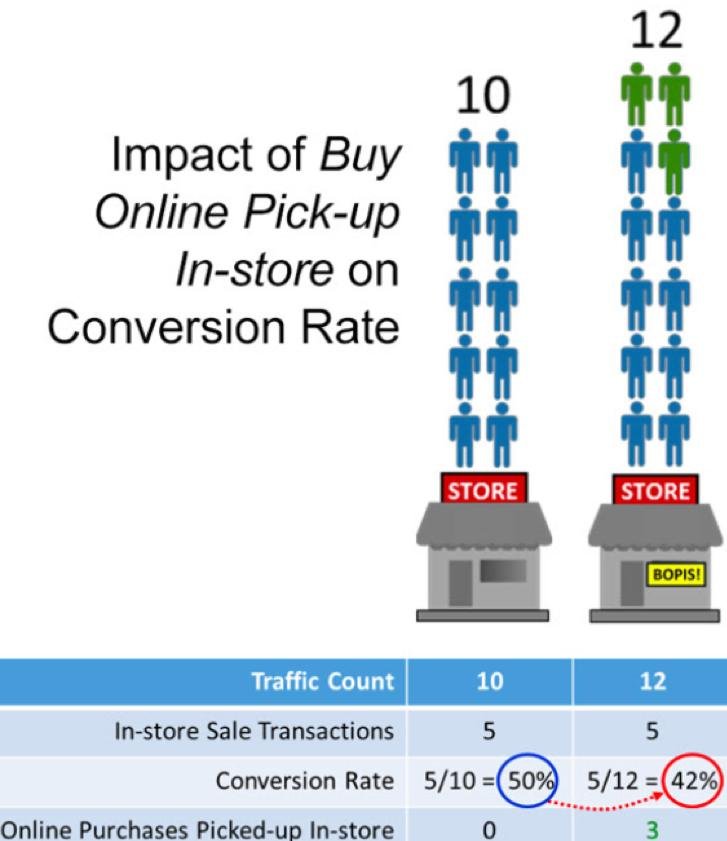
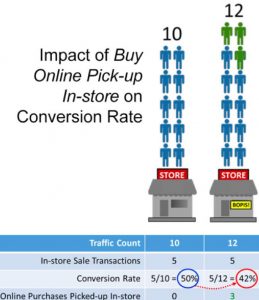
Retail Insight, the leading innovator in Omni (Digital) Channel Technology solutions developed predictive ordering capabilities for CPG manufacturers in their B2C2B e-commerce initiative.